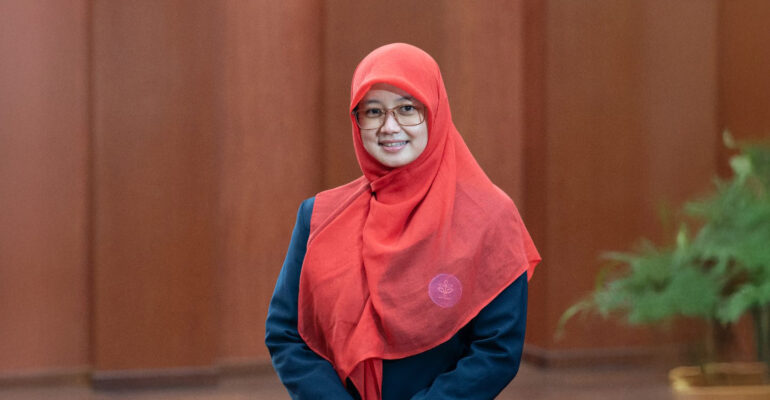IPB University Lecturer Explains Frugal Living from the Perspective of Sharia Economics: Thrift or Stinginess?

The frugal living lifestyle is gaining popularity as a smart financial management strategy. But how is this concept viewed through the lens of sharia economics?
A lecturer in Sharia Economic at IPB University, Dr Laily Dwi Arsyianti, explains that in sharia economics, the concept of frugal living is known as qanaah, a mindset of feeling content, avoiding excess, and steering clear of wastefulness and extravagance.
According to her, the principles of frugal living can be practiced in daily life in alignment with Islamic teachings. Frugal living, or qanaah, does not mean being stingy; rather, it is about living simply without compromising essential needs.
“The line between being thrifty and being stingy is indeed thin, but frugal living in Islam means avoiding excess while still being generous. For example, treating others to a meal or giving charity can actually open the doors to more sustenance,” she said.
In implementing a frugal lifestyle, Dr Laily emphasizes the importance of maintaining a balance between needs and sharing. Some ways that can be done are:
Giving gifts in moderation. When giving gifts or souvenirs, adjust the budget without reducing the meaning and benefits.
Avoiding excessive consumption. Shop according to your needs and avoid consumptive behavior that only follows trends.
Keep sharing. Alms and infaq should still be part of healthy financial management.
To avoid waste without lowering the quality of life, dr Laily offers some practical tips:
*Avoid the temptation to flex on social media or get caught up in prestige and consumerism.
*Make the most of items that are still in good condition instead of always buying new ones.
*Use smart shopping strategies, such as delaying purchases unless absolutely necessary.
*Create a clear financial plan, including separating savings into three categories:
Daily account: for everyday expenses.
Goal-specific account: such as for travel, education, or leisure.
Emergency fund: only for urgent and unforeseen needs.
“To ensure future needs are met, investing according to sharia principles is a wise choice. Some recommended options include monthly deposit accounts (with automatic rollover) and sharia-compliant term savings,” she added.
Dr Laily believes that each individual has different financial conditions. Therefore, it is essential to tailor financial habits to one’s own situation. “The key is to feel content and be grateful for what we have,” she concluded. (Lp) (IAAS/HPH)



